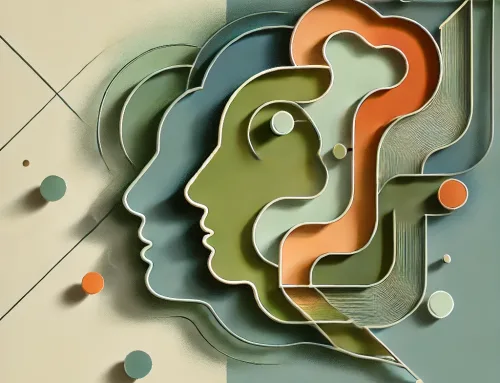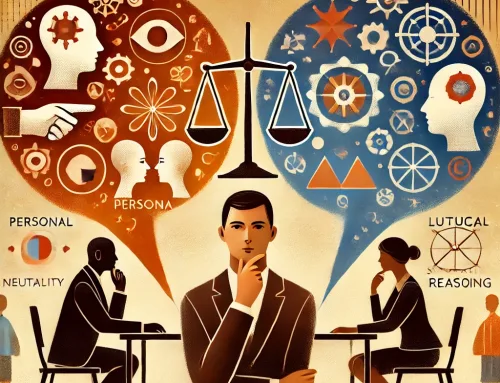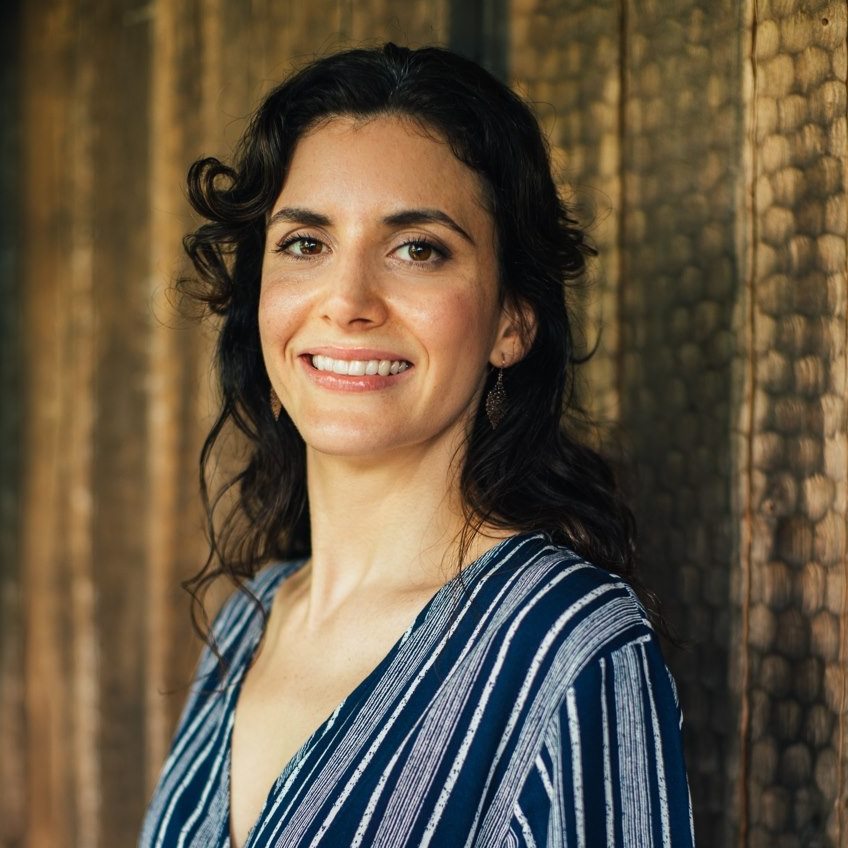At Safe Mediation, we often receive requests for restorative justice (RJ) processes from individuals who recognize they have caused harm and want to make amends. While this is an important first step, our experience has shown that not everyone who wants to engage in RJ is immediately ready to do so. In many cases, there is crucial work that must be done first—what we call pre-accountability work.
What Is Pre-Accountability Work?
Pre-accountability work is the deep personal reflection and preparation that must take place before an individual enters a restorative justice process. This work ensures that the process is meaningful, constructive, and ethical, rather than superficial or performative.
It involves: ✔ Understanding the Full Scope of Harm – Recognizing not only the direct harm caused but also the ripple effects on individuals and communities. ✔ Moving Beyond Self-Preservation – Shifting from a focus on personal reputation, legal consequences, or social backlash toward genuine concern for those harmed. ✔ Developing Emotional Resilience – Being prepared to hear difficult truths without defensiveness or justification. ✔ Identifying a Path for Repair – Considering what meaningful accountability looks like from the perspective of those impacted, not just what feels comfortable for the person who caused harm. ✔ Demonstrating Behavioral Change – Taking steps that show real transformation before seeking reconciliation.
Why Is Pre-Accountability Work Necessary?
Restorative justice is not a quick fix. When an individual enters an RJ process without having done the internal work, the process risks being harmful instead of healing—both for the person seeking accountability and for those who have been harmed.
Through our experience facilitating these processes, we have seen common patterns emerge:
- Some individuals approach RJ primarily as a way to manage public perception, rather than as a sincere effort to repair harm.
- Others believe they are ready for dialogue but, when faced with real accountability, become defensive, dismissive, or retraumatizing to those harmed.
- In some cases, people want to engage but do not yet have the emotional or psychological tools to do so in a way that leads to real repair.
For these reasons, Safe Mediation does not facilitate RJ processes without first ensuring that the necessary pre-accountability work has been done.
Lessons from Our Experience
Over time, we have worked with individuals in various stages of readiness. Some had a deep understanding of the harm they caused and were prepared to engage in a meaningful accountability process. Others needed months or even years of personal work before they could approach those they had harmed in a way that was constructive rather than further damaging.
The most effective RJ outcomes we’ve seen involve individuals who have taken the time to:
- Engage in therapy, coaching, or structured reflection to process their actions and their impact.
- Show tangible efforts toward making amends before any mediated conversation takes place.
- Allow those harmed to set the pace of the process, rather than rushing toward resolution.
The Role of Safe Mediation
Our role is not to force accountability or to validate performative efforts. We support genuine and ethical accountability processes, and that means ensuring that harm repair happens in a way that is centered on the needs of those impacted—not just the person seeking redemption.
For those considering a restorative justice process, the first question should not be “How do I get people to engage with me?”, but rather “What work do I need to do before I even ask?”
By committing to pre-accountability work, individuals set themselves up for a process that is honest, meaningful, and ultimately more transformative—for themselves and for those they seek to repair harm with.
If you are in the early stages of considering accountability, we encourage you to focus on the work that needs to be done before the process even begins. Restorative justice is not just about seeking forgiveness; it is about proving—through action and integrity—that accountability is more than just words.





